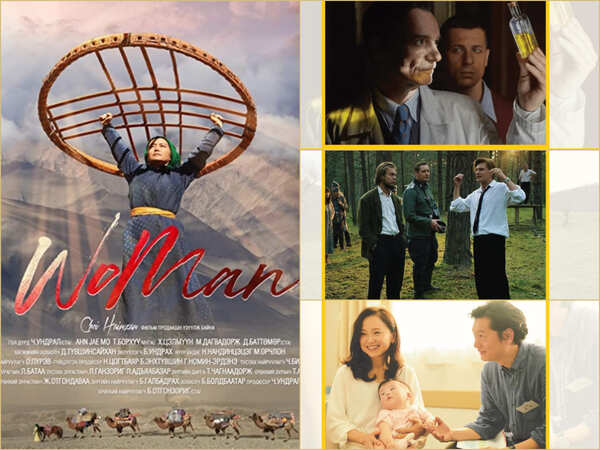

Social media has emerged as the preferred publicity machine. “Our mothers read a lot, the radio was a constant feature in our homes, and music permeated our lives." Small venues like the Maharashtra Cultural Centre’s Sudarshan Rangmanch contribute to the fearlessness of experimentation by lowering the financial stakes, whereas the Vinod Doshi Theatre Festival, now in its eighth year, raises the bar with the audience it attracts. “This is not in a regressive sense because there is still space for introspection," adds Sumant.Īccording to Takalkar, the artistic temper is innate to Punekars. The theatre here benefits from being linked to the language of its community. Unlike Mumbai, a city of immigrants, Pune is rooted in an ages-old ethos.

Both plays feature popular television actor Amey Wagh. Mirasdar adaptation by the talented Abhay Mahajan. The Natak Company has the feel of an open collective, with plays like Sumant’s Geli Ekvees Varsha and the uproarious Dalan, a D.M. The group has a resident playwright in Dharmakirti Sumant, who has developed a reputation for edgy works like Bin Kamache Samwad, a play based on the breakdown of language and discourse. This can be attributed to engaging content that has a finger on the pulse of its youthful audience. “At this time, we have five running productions, performing regularly to good houses," says Rajwade. Two of its prolific directors, Alok Rajwade and Nipun Dharmadhikari, trace their beginnings to collegiate theatre and have retained a following. Their commitment is not long term." This is what makes the Natak Company a special breed. In the university circuit, teeming with drama competitions, there is a promising churn of ideas, but, as Takalkar says: “A theatre workforce is erected within a few months but dissipates just as quickly. His works are stimulating, sometimes even esoteric. Takalkar’s métier lies in the striking visuals and precise ensemble work seen in plays like Gajab Kahani, based on Jose Saramago’s Elephant’s Journey, and the zestful Uney Purey Shahar Ek. “This is in marked contrast to earlier directors like Pethe who would delineate my plays, like 1999’s Surya Pahilela Manus, word for word, much to my exasperation," says Sathe. He remembers attending only a single rehearsal of his Charshe Koti Visarbhole, a script transformed by Takalkar’s flair. Sathe points out that Aasakta plays are auteur-driven projects in which the playwright’s vision is merely ancillary. Takalkar, on the other hand, turns this straightforward aesthetic on its head. Pethe’s work, however, is in the common idiom that pervades much of Marathi theatre. Deshpande’s 1992 play on the 19th century anti-caste crusader Jyotiba Phule, he cast mostly non-professional actors from the Pune Safai Karamcharis Union, a subversion that blended superbly with the play’s agenda. Most of his productions employ teams assembled from scratch. Just the goodwill of people and my activist spirit sustains my brand of theatre," says Pethe. It’s the city’s experimental groups, even with their relatively niche followings and complex productions, that do most of the creative heavy-lifting and corner much of the acclaim.

On the surface, there is little to distinguish this playhouse culture from what we find elsewhere-the mainstream doesn’t seem to be particularly adventurous, even at its most well-intentioned. Weekend matinee and evening slots at large halls like the Yashwantrao Chavan Natyagruha in Kothrud are most in demand. A cursory glance at the advertisements in local newspapers and listings on booking websites (Marathi natak in Pune is partial to indicates a respectable churn of offerings from several troupes. They are chalk and cheese in terms of sensibility and temperament, but both share a penchant for experimental theatre in the truest sense of the word. Two groups that have risen to prominence in the past few years are Aasakta Kalamanch (established in 2004) and Natak Company (established in 2009).


 0 kommentar(er)
0 kommentar(er)
